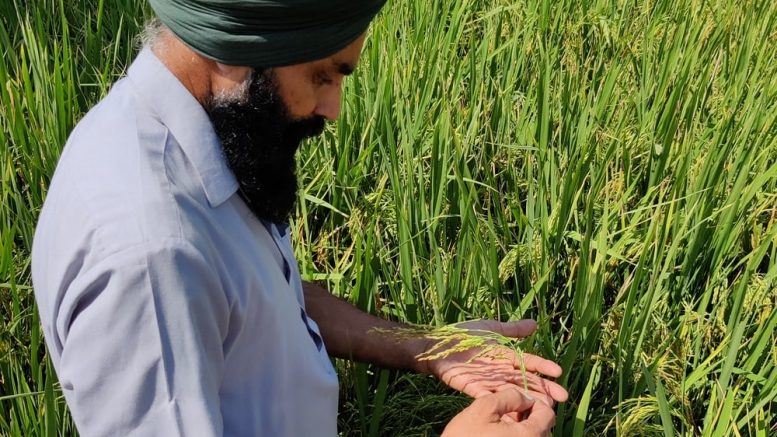Protests have been taking place all over India in the past month and this week they have spread to the UK. The reasoning behind the protests is complex but to put it simply three major farming and deregulation laws are trying to be implemented that don’t have the farmers best interest at heart.
Not only is the livelihood of India farmers threatened but they also were not consulted during the decision making process. Punjab farmers’ plea has been consistently ignored and they are seeing this as a direct lack of compassion and welfare for their industry.
In previous years the Indian government had offered guaranteed price (the Minimum Support Price or MSP) to farmers for crops, providing a sense of longer-term financial safety. This in turn enables them to make investments for future crop cycles. Now, the government has introduced three new agriculture laws that arguably offer much less financial safety for Indian farmers:
- Farmers’ Produce Trade and Commerce (Promotion and Facilitation) Act, 2020
- Farmers (Empowerment and Protection) Agreement on Price Assurance, and Farm Services Act, 2020
- Essential Commodities (Amendment) Act, 2020
These laws collectively pose long term ramifications for farmers for a number of reasons. The laws state there will be no licenses required for traders to purchase agricultural produce, in the eyes of the farmers they see as they are more susceptible to frauds. Farmers can now enter into contracts with private companies, but those that possess smaller farms will have less bargaining power and will most likely be offered lower prices for their crops than they need to survive. This means they will have even less money to put towards the running of their farms, causing potential debt.
Farmers in Punjab are practising peaceful protests in order to get their voices heard. However, despite being peaceful the government has turned to violence to combat their protests. These protests have been met with tear gas, water cannons and assault weapons deployed by the riot police and parliamentary officers.
For the people of India, agriculture is one of the largest main sources of income. This stream of income particularly for the people located in Punjab has been one of the only ways for them to earn their livelihood and provide for their families. Punjab has long been known as the “breadbasket” of India because of its fertile land. However, despite a large number of both males and females working in this essential industry, the working conditions are far from ideal.
“The government has left us at the mercy of big corporations,” Rashpinder Singh, 27, a farmer from Punjab state, told Al Jazeera in September. “It is preposterous to believe that farmers who have small landholdings will have any bargaining power over private players.”
Words: Natasha Shah | Subbing: Sam Tabahriti

